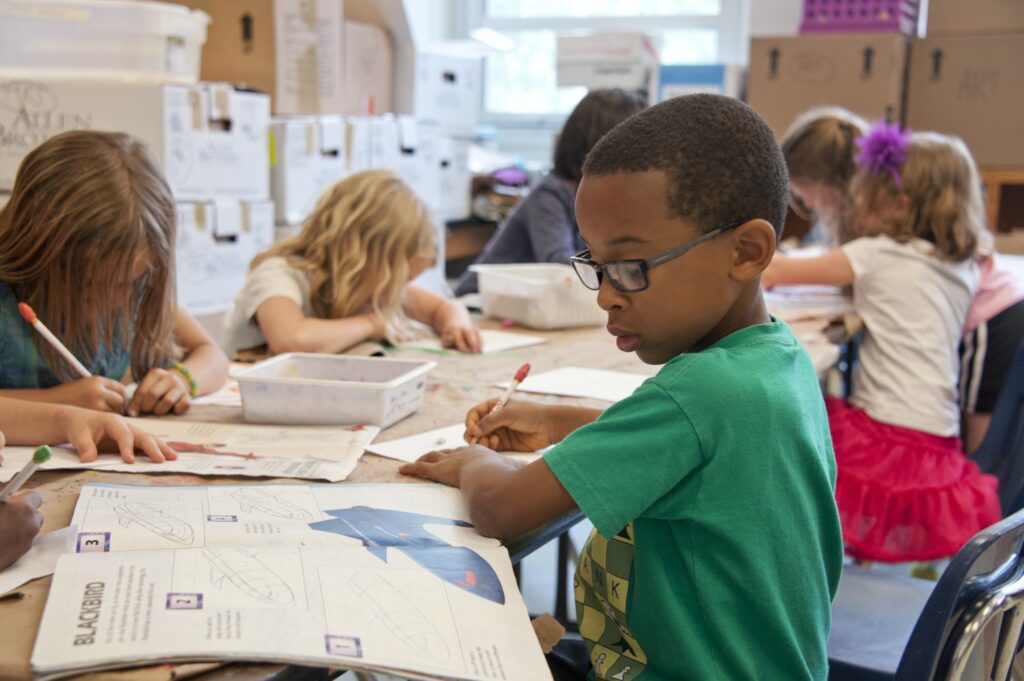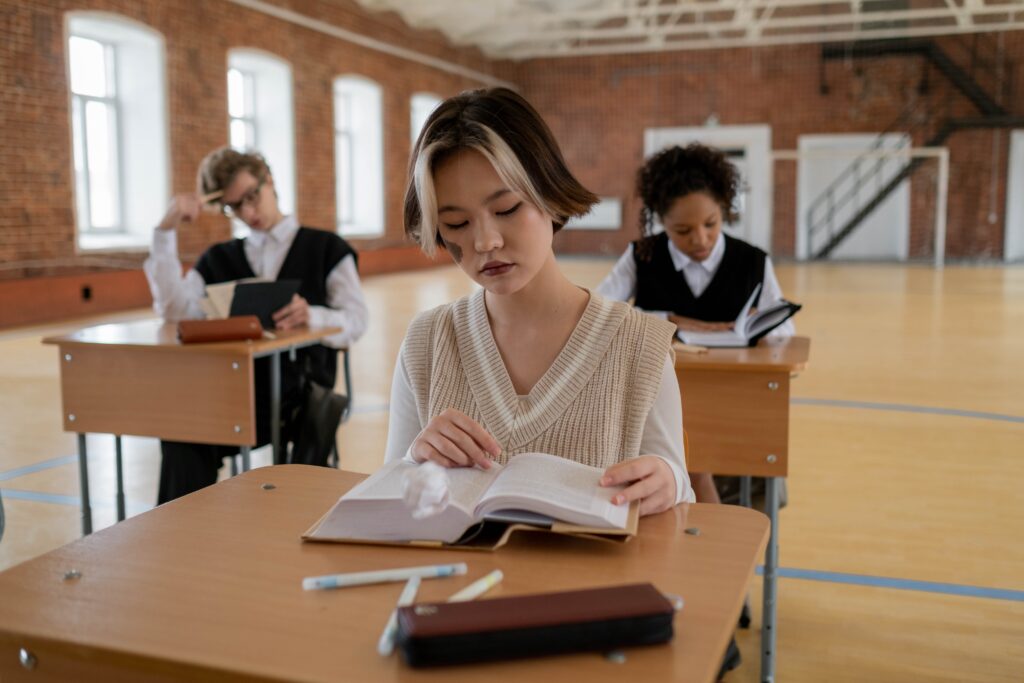Here’s what the LGBTQ+ culture wars are doing to kids in schools
We’re not surprised at the findings from this California study which reveals that growing political conflict in schools hinders learning and increases hostility to Black and LGBTQ students.
A new analysis by researchers at UC Riverside and UCLA shows that even in blue state California, political attacks on public schools are pervasive and growing, hindering learning and the role schools play in a diverse democracy.
Political division and community-level conflict is negatively impacting student interactions, and many California students are experiencing hostility and intolerance in school. Troublingly, the research finds high levels of hostile comments toward LGBTQ students, and racist remarks targeting Latino, and in particular, African American students.

The research brief, “Educating for a Diverse Democracy in California,” draws upon a representative survey of 150 California high school principals conducted in 2022 examining the chilling effect of political conflict in the nation’s schools. The analysis compares the experiences of schools in ‘blue’ congressional districts where less than 45% of the 2020 vote was for Donald Trump, to schools in ‘purple’ California communities where the vote for Donald Trump was between 45% and 54.9%.
“Principals leading California high schools in purple communities were far more likely than those leading schools in blue communities to report that community conflict occurred frequently over issues such as those impacting LGBTQ students, teaching about race and racism, and efforts to limit access to books,” said Joseph Kahne, co-director of the Civic Engagement Research Group at UC Riverside and co-author of the research. “And unfortunately, political conflict over highly charged educational issues is on the rise. More than four in ten California principals said that the amount of community level conflict was more than prior to the pandemic.”
The impacts to California are on par with national trends.
“The surprise here is not that California is different, it is that our public schools are experiencing similar levels of political attacks and conflict with what we have seen across the nation,” said John Rogers, director of the UCLA Institute for Democracy, Education and Access and co-author of the research. “About two-thirds of schools in the state are experiencing some level of political conflict, mirroring what we have seen in other states. The level of conflict impacting schools would seem to reflect the intensive and pervasive nature of what is happening nationally.”

Key findings
Political conflict is pervasive and growing, particularly in purple communities
Almost two-thirds (65%) of California principals surveyed reported substantial local political conflict over hot button educational issues. Principals leading California high schools in purple communities were far more likely than those in Blue communities to report that community conflict occurred frequently. For example, principals in Purple communities were 2.5 times as likely as principals in Blue communities (28% to 12%) to report frequent community conflict related to LGBTQ issues.
Political division and community-level conflict is shaping student interactions
More than two-thirds ( 71% ) of California principals report that students made demeaning or hateful remarks to liberal or conservative classmates. Principals in purple communities were more than twice as likely as principals in blue communities to say that this problem occurred frequently. Ninety-three percent of California high school principals in purple communities reported that “the level of political division and incivility” at their schools had increased since the beginning of the pandemic.
Many California students experience hostility and intolerance in school
Forty-two percent of California principals said the incidence of intolerance between students had grown since before the pandemic. In purple communities, 64% of principals reported that the level of intolerance had increased.
More than three-quarters (78%) of California principals reported that their students had made hostile or demeaning remarks to LGBTQ classmates. Half (50%) of California principals reported racist statements directed at Latino students and two-thirds (66%) reported such remarks had been made about African American students.
“The findings regarding derogatory or hostile remarks toward African American students are particularly striking,” Rogers said. “The two-thirds of California principals identifying such incidents is identical to reporting across the nation, even though African Americans make up 5% of the k-12 population in the state, compared to 15% nationally. Moving forward, we need to redouble our commitment to ensuring that all California students feel safe and respected in our public schools.”
The full research brief and suggestions can be found at https://idea.gseis.ucla.edu/publications/educating-for-a-diverse-democracy-california/






